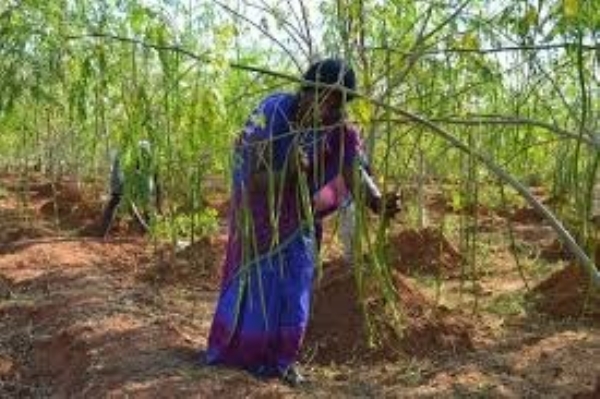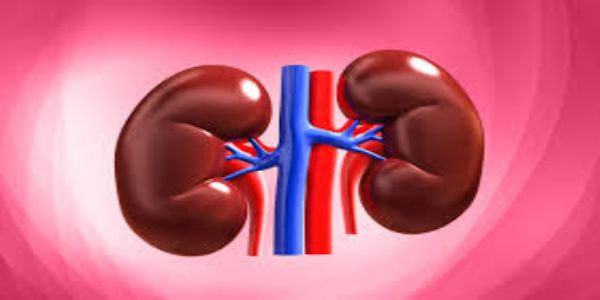
Chennai, 10 April (H.S.) : Tamil Nadu Agricultural University (TNAU) has made a significant breakthrough in developing drought-tolerant moringa plants through grafting technology. This innovation aims to address the challenges faced by farmers in regions with water scarcity, particularly in Tirupur, Karur, Theni, Dindigul, Thoothukudi, Ariyalur, and Madurai districts.
The grafting technology involves transferring high-yielding traits of the popular PKM-1 moringa variety to a more resilient perennial type. Native varieties such as 'Moolanur' moringa or 'Karumbu' moringa are used as rootstock, while PKM-1 serves as the scion. This results in high-yielding and drought-resistant moringa plants.
The technology has been field-tested and submitted for release. It recorded a grafting success rate of 67%, with graft union formation occurring in 15 days. The first flowering was observed in 65 days, with an average of 89 pods per tree and a pod yield of 21.73kg per tree.
In addition to moringa, TNAU researchers have also developed grafting technology for papaya to eliminate male plants during cultivation and combat soil-borne diseases. Papaya plants begin flowering only after two to three months of planting. During this time, they require continuous watering and fertilizer application. Once inflorescence appears, male trees must be removed, retaining only one healthy male for every 20 female trees to ensure pollination.
The grafting technology for papaya involves using scions from only female trees and grafting them onto wild papaya rootstock, which is naturally resistant to soil-borne diseases. This approach helps avoid unnecessary resource use and improves cultivation efficiency. The grafting technology for papaya showed a 52% success rate. Grafted plants performed better than those grown from seedlings, with higher fruit count per plant (42), average fruit weight (1.3kg), and overall yield (43.4kg per plant).
Grafted papaya plants also recorded earlier flowering (74 days), a lower first bearing height (65cm), and a shorter time to first harvest (259.83 days) compared to non-grafted ones. These innovations are expected to benefit farmers in Tamil Nadu and other parts of the country, enhancing crop yields and improving cultivation efficiency.
---------------
Hindusthan Samachar / Dr. R. B. Chaudhary








